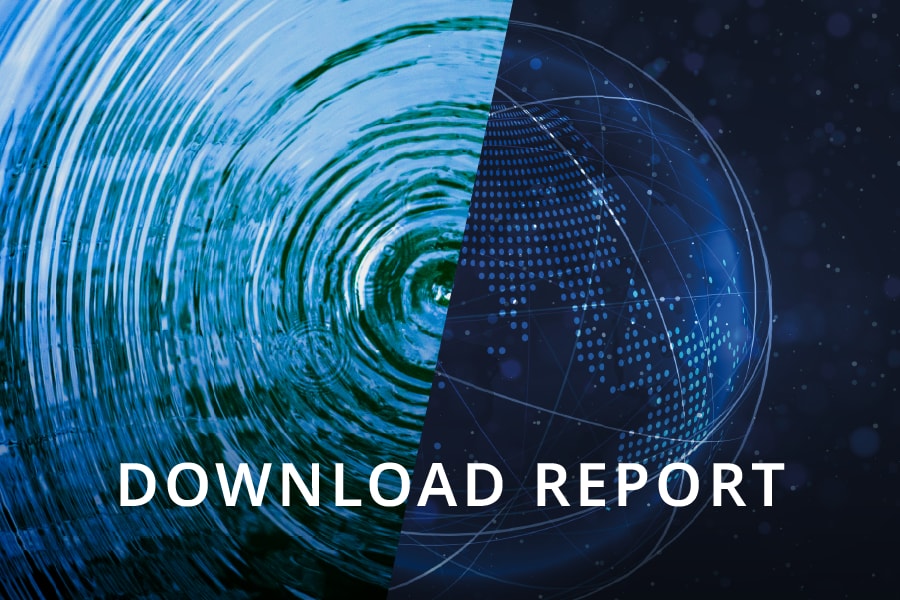and reduction measures
As part of our annual budget process, we incorporate a carbon charge for business travel using our prevailing internal carbon price. This serves as a lever to promote disciplined travel practices across teams. Staff are encouraged to plan their upcoming business trips in advance, optimise travel efficiency, and explore alternatives such as teleconferencing where possible.
Office Improvement Plan
We have established a five-year improvement plan for our Singapore headquarters focusing on energy, water, and waste recycling. Key initiatives implemented during the year include smart metering in our Singapore office for better energy management and improved waste segregation techniques.
Our international offices have also made significant strides in sustainable practices. During the year, our Shanghai and New York offices obtained the LEED Gold Award and LEED Silver Award certifications respectively. These globally recognised green office certifications assess compliance with green office practices and standards in areas such as energy and water efficiency, indoor air quality, and materials management. These accomplishments reflect our ongoing commitment to reduce our environmental impact and promote employee well-being.
Sustainable Procurement and Events Guidelines
As part of our commitment to responsible business practices, we are taking steps to better manage environmental and social impacts across our value chain. We have initiated a landscape study to assess key suppliers' practices and will progressively integrate sustainability considerations into our procurement processes. This forms part of our broader efforts to embed sustainability into our operations.
Additionally, we have implemented Sustainable Events Guidelines to encourage event owners to adopt sustainable practices when planning and executing events. These guidelines enable us to demonstrate our sustainable practices through the major external events we host, addressing not only emissions reduction but also waste management and inclusivity.


